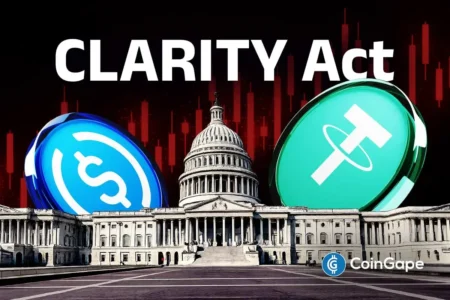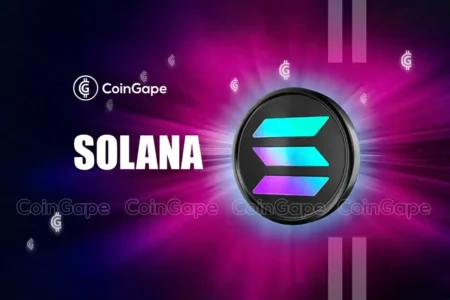South Korea Tightens Crypto Regulations: Google Blocks Access to 17 Unlicensed Exchanges
As South Korea actively enhances its regulatory framework around cryptocurrency, significant moves have been made to curb unauthorized operations in the sector. The Financial Intelligence Unit (FIU) recently directed Google to restrict access to 17 unlicensed cryptocurrency exchanges, including notable platforms such as KuCoin, MEXC, Phemex, XT, CoinEx, BitMart, and Poloniex. This decision, which took effect immediately, aims to safeguard South Korean users against potential risks associated with unregulated platforms, particularly in light of increasing concerns regarding crypto-related crimes like theft and money laundering.
The Regulatory Shift and Google’s Response
In what marks a decisive shift in South Korea’s approach to cryptocurrency regulation, the FIU’s request for Google to blacklist these exchanges underscores the nation’s commitment to enforcing compliance in the crypto market. The action follows the Financial Services Commission’s (FSC) earlier identification of 22 unregistered platforms and aligns with the ongoing effort to tighten anti-money laundering protocols within the country. Google has complied with these requests by disabling access to the listed exchanges for South Korean users, which also includes blocking downloads and updates for any associated applications from the Google Play Store.
Focus on Combatting Money Laundering
One of the driving forces behind this crackdown is the urgent need to combat money laundering and protect the financial system from abuse. The FIU’s collaboration with tech giants like Apple Korea and the Korea Communications Standards Commission (KCSC) highlights the seriousness of these efforts and indicates a comprehensive approach to enforcing the new regulations. By restricting access to unlicensed exchanges, South Korean authorities aim to mitigate risks posed to local investors and ensure that all platforms participating in the market adhere to legal standards.
Implications of Licensing Requirements for Crypto Exchanges
South Korea’s stringent regulations mandate that cryptocurrency exchanges obtain the necessary licenses before offering services within the country. These regulations are particularly applicable to foreign platforms targeting South Korean users through Korean-language interfaces or marketing strategies. The FIU has made it clear that platforms operating in violation of these laws risk severe penalties, potentially facing prison terms up to five years or fines reaching 50 million won ($34,150). This serious approach indicates a strong emphasis on legal compliance and consumer protection in the rapidly evolving cryptocurrency landscape.
A Comparative Look: South Korea vs. the United States
This regulatory shift in South Korea starkly contrasts with the current stance taken by the United States, particularly during former President Donald Trump’s administration, which has largely leaned towards a more lenient regulatory atmosphere. While South Korea grapples with defining a strict legal framework to govern cryptocurrency activities, the U.S. has met crypto lawsuits with a more relaxed perspective. The diverging regulatory environments not only affect how businesses operate in their respective countries but could also shape global perspectives on innovation versus investor protection on the blockchain frontier.
Looking Ahead: Future Expectations in South Korean Crypto Regulation
As South Korea continues to navigate the complex world of cryptocurrency, the expectations are clear: tighter regulations will likely be implemented as part of the country’s ongoing effort to establish a secure financial ecosystem. The recent actions taken by the FIU represent just the beginning of a broader strategy to regulate the crypto market effectively. As the government remains vigilant, it is crucial for both domestic and international exchanges to comply with South Korean laws if they wish to maintain access to one of Asia’s most lucrative digital asset markets.
In conclusion, South Korea’s decisive measures to regulate cryptocurrency are reshaping the landscape for both users and providers, emphasizing the importance of legal adherence in the era of digital finance.
















